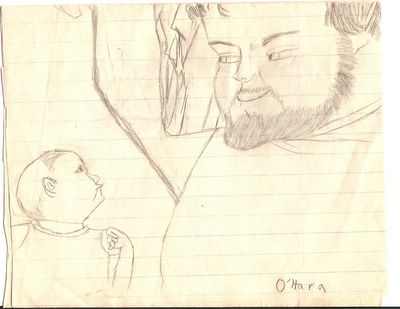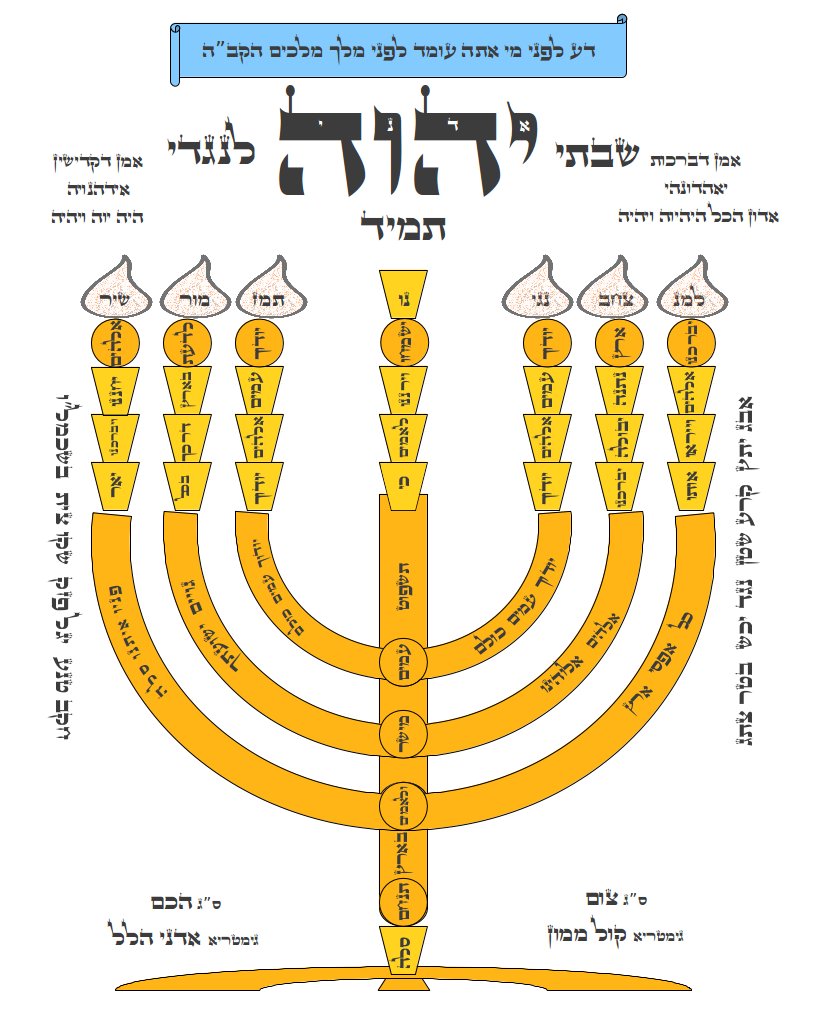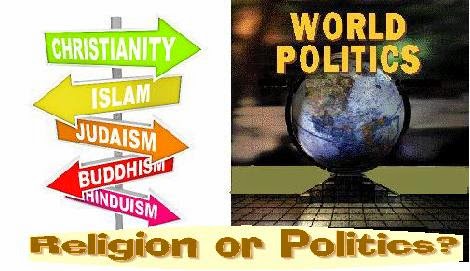October 5, 2005 New York Times
DALLAS, Oct. 4 - By 1979, Harriet E. Miers, then in her mid-30's, had accomplished what some people take a lifetime to achieve. She was a partner at Locke Purnell Boren Laney & Neely, one of the most prestigious law firms in the South, with an office on the 35th floor of the Republic National Bank Tower in downtown Dallas.
But she still felt something was missing in her life, and it was after a series of long discussions - rambling conversations about family and religion and other matters that typically stretched from early evening into the night - with Nathan L. Hecht, a junior colleague at the law firm, that she made a decision that many of the people around her say changed her life.
"She decided that she wanted faith to be a bigger part of her life," Justice Hecht, who now serves on the Texas Supreme Court, said in an interview. "One evening she called me to her office and said she was ready to make a commitment" to accept Jesus Christ as her savior and be born again, he said. He walked down the hallway from his office to hers, and there amid the legal briefs and court papers, Ms. Miers and Justice Hecht "prayed and talked," he said.
She was baptized not long after that, at the Valley View Christian Church.
It was a pivotal personal transformation for the woman now named for a seat on the United States Supreme Court, not entirely unlike that experienced by President Bush and others in the Texas political and business establishment of that time.
Ms. Miers, born Roman Catholic, became an evangelical Christian and began identifying more with Republicans than with the Democrats who had long held sway over Texas politics. She joined the missions committee of her church, which is against legalized abortion, and friends and colleagues say she rarely looked back at her past as a Democrat.
"There weren't that many Republicans in Texas in those days," said Merrie Spaeth, a director of media relations at the White House under Ronald Reagan who met Ms. Miers after moving to Dallas in 1985. "Harriet is what you would call a Southern lady. It is marvelous to watch her in meetings with huge egos, where she allows people to think good results are the product of their own ideas."
To persuade the right to embrace Ms. Miers's selection despite her lack of a clear record on social issues, representatives of the White House put Justice Hecht on at least one conference call with influential social conservative organizers on Monday to talk about her faith and character.
Some evangelical Protestants were heralding the possibility that one of their own would have a seat on the court after decades of complaining that their brand of Christianity met condescension and exclusion from the American establishment.
In an interview Tuesday on the televangelist Pat Robertson's "700 Club," Jay Sekulow, chief counsel of the Christian conservative American Center for Law and Justice, said Ms. Miers would be the first evangelical Protestant on the court since the 1930's. "So this is a big opportunity for those of us who have a conviction, that share an evangelical faith in Christianity, to see someone with our positions put on the court," Mr. Sekulow said.
But other conservatives were unappeased, looking for someone with clearly stated public commitments on social issues like abortion.
While Ms. Miers rarely wore her religious thinking on her sleeve, her gradual tilt toward conservative views resulted in some uneasy moments when she took a break from a lucrative law practice and delved into politics with a campaign for the Dallas City Council in 1989, running for a nonpartisan post. She appeared as a candidate at the Dallas Gay and Lesbian Political Caucus, but even though she said gays should have the same civil rights as others in society, she stopped short of endorsing a repeal of a Texas law criminalizing gay sexual activity.
Religion appears to have influenced her views on certain subjects. In a discussion with her campaign manager in 1989, Ms. Miers said she had been in favor in her younger years of a woman's right to have an abortion, but her views evolved against abortion, influenced largely by her born-again religious beliefs, said Lorlee Bartos, a Democratic campaign consultant in Dallas who managed Ms. Miers's City Council campaign.
"She was someone whose view had shifted, and she explained that to me," Ms. Bartos said.
Still, pragmatism, not ideology, seems to have guided Ms. Miers on most issues in her brief period in public office before she went on in 1995 to be named by Gov. George W. Bush to head the Texas State Lottery and then followed him to Washington.
One of the most controversial issues before the Dallas City Council during Ms. Miers's single term that ended in 1991 was a battle over whether the city should adopt a plan doing away with council members elected at large, an election method that minority groups in Dallas criticized as marginalizing them from municipal politics.
Ms. Miers, elected as an at-large council member, initially favored the at-large system, but her position evolved to support a proposal that would create a collection of different districts in the city. This was adopted and eventually led to greater representation of blacks and Hispanics in Dallas.
While known as a moderate conservative, "Harriet didn't really distinguish herself," said Domingo Garcia, a lawyer who was elected to the Council in the early 1990's after the bitter redistricting fight. "She wasn't a leader and wasn't furniture," said Mr. Garcia, a former mayoral candidate in Dallas and the national civil rights chairman for the League of United Latin American Citizens. "She was in between."
And yet Ms. Miers, known for her thorough study of the issues before the Council, acquired the grudging respect of some colleagues across the political spectrum. "You might think she's a pushover because she looks meek and humble," said Al Lipscomb, a former city council member. "But can America handle a Republican conservative who's fair? She is a tigress when it comes to the law."
The Dallas of political battles over minority and gay rights, of course, was substantially different from the predominantly white and segregated city where she was born the fourth of five children. Few schools were more emblematic of the old Dallas than Hillcrest High School, from which Ms. Miers graduated in 1963.
"It was a school in the sense like schools were supposed to be," said Ron Natinsky, a classmate of Ms. Miers who is now on the Dallas City Council, referring to an atmosphere of respect and decorum. "Teachers were addressed as ma'am or sir."
The strait-laced student body at Hillcrest was also almost entirely white, with integration in that part of Dallas several years off when Ms. Miers graduated, Mr. Natinsky said. Her yearbook from 1963 shows photographs of a blond, smiling senior, described by classmates as "efficient, sweet and sincere, good at sports from what we hear." Mr. Natinsky remembered her as someone involved in clubs and school activities, but not part of the "cool crowd."
"She was almost an unseen person at school," Mr. Natinsky said.
Ms. Miers sometimes attended Mass at St. Jude Chapel in downtown Dallas, but before embracing evangelical Protestantism, her experience with religion was lukewarm and her attendance sporadic, Justice Hecht said.
Her friends say that there is much about her world experience that shapes her attitudes and views, from her rise in a male-dominated legal profession to her years of loyalty and counsel to Mr. Bush in Texas and Washington.
But as important as her professional trajectory, friends and family of Ms. Miers say, is the influence of religion on her approach to issues of political and legal importance. After joining Valley View Christian Church, she began teaching a Sunday night class for first, second and third graders at the church, called Whirlybirds.
Vickie Wilson, the office manager at Valley View, knew Ms. Miers from the time she began attending the church in 1979; Ms. Wilson's two daughters, now 27 and 30, were in Ms. Miers's Sunday youth group. Even though it was known that she was a high-powered lawyer in Dallas, "she never used the church to further her political career," Ms. Wilson said.
"She never took a role where she was trying to stand out front," Ms. Wilson said. "She put herself in servant roles, making coffee every Sunday morning and putting doughnuts out."
A close relationship with Justice Hecht - also a longtime member of Valley View - who frequently appears with Ms. Miers at social functions in Washington and in Texas, has been a steady feature of her life for nearly 30 years. Justice Hecht is known as one of the most conservative members of the Republican-dominated Texas Supreme Court.
Newspapers in Texas have reported that Justice Hecht and Ms. Miers were romantically involved, and when asked in an interview whether that was still the case, Justice Hecht responded that they were close, without going into great detail. "She works in Washington, I work in Austin," Justice Hecht said. "We have dinner when she's here; if she invites me to Washington I happily go. We talk on the phone all the time."
Justice Hecht and Ms. Miers spoke on Sunday evening, but she did not tell him about the pending announcement that she had been offered the nomination, he said. "She's a stickler for the rules," he said. He never asked Ms. Miers how she would vote on the issue of abortion if it came before the Supreme Court, he said. "She probably wouldn't answer, she wouldn't view it as appropriate."
"Yes, she goes to a pro-life church," Justice Hecht said, adding, "I know Harriet is, too." The two attended "two or three" anti-abortion fund-raising dinners in the early 1990's, he said, but added that she had not otherwise been active in the anti-abortion movement. "You can be just as pro-life as the day is long and can decide the Constitution requires Roe" to be upheld, he said.
Apart from the questions about abortion and other issues Ms. Miers will face in confirmation hearings, the strong tie she and Justice Hecht have to their church is undergoing a test. The congregation at Valley View is in the middle of a schism, and Mr. Hecht said he and Ms. Miers are siding with the splinter groups that are forming a new church under Valley View's longtime pastor, Ron Key.
Church members said in interviews that Mr. Key was fired several weeks ago by the Valley View board of elders after he refused to take a less prominent role in the church's leadership. The members said that the pastor and the board members disagreed on several matters, including the appointments of new ministers and whether the church should adopt more contemporary forms of worship services to try to attract newer and younger members.
Dr. Barry McCarty, the Valley View pastor, said Ms. Miers has often asked the congregation to pray for her and the president, and he added that even if she is joining the roughly 150 members that have left to start a new church, he believes that the Valley View members will continue those prayers.
"Our particular congregation is committed to starting new churches," Dr. McCarty said. "It's something they do with our blessing."























